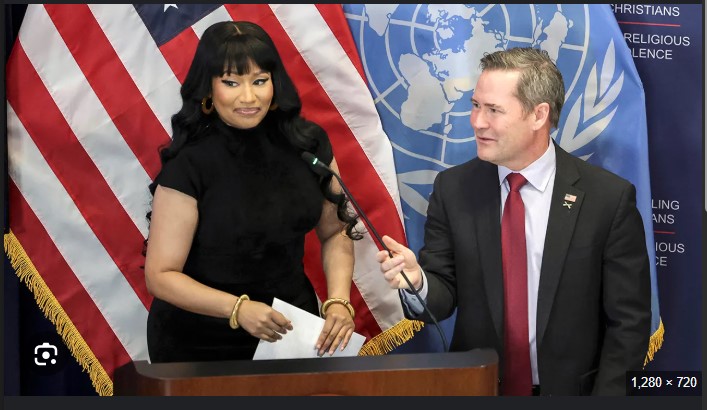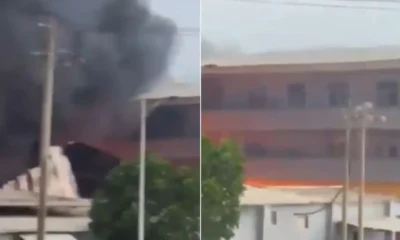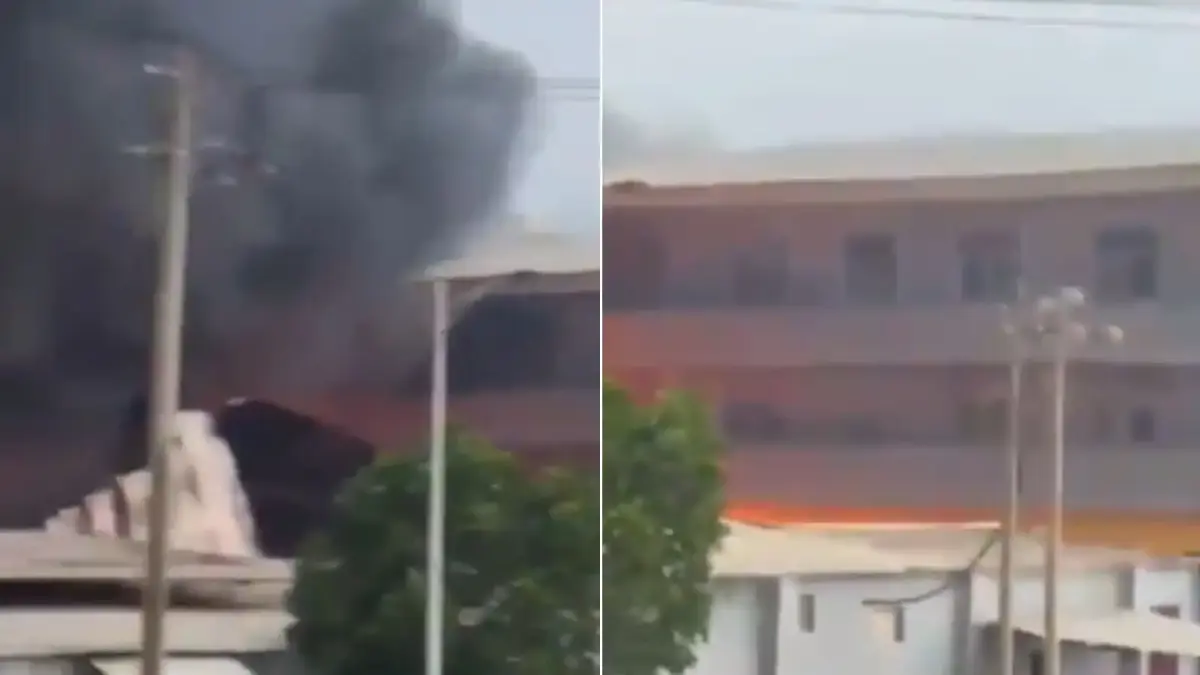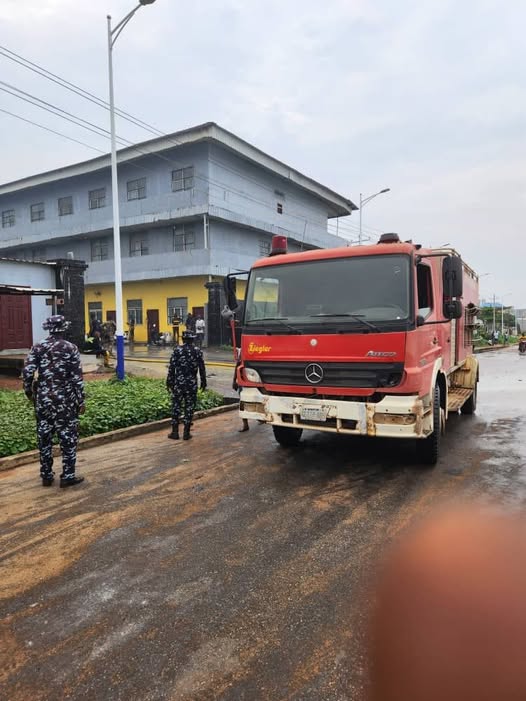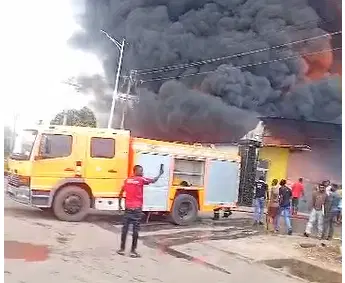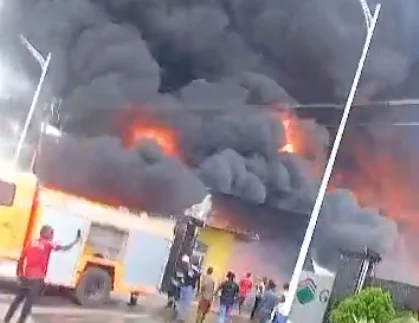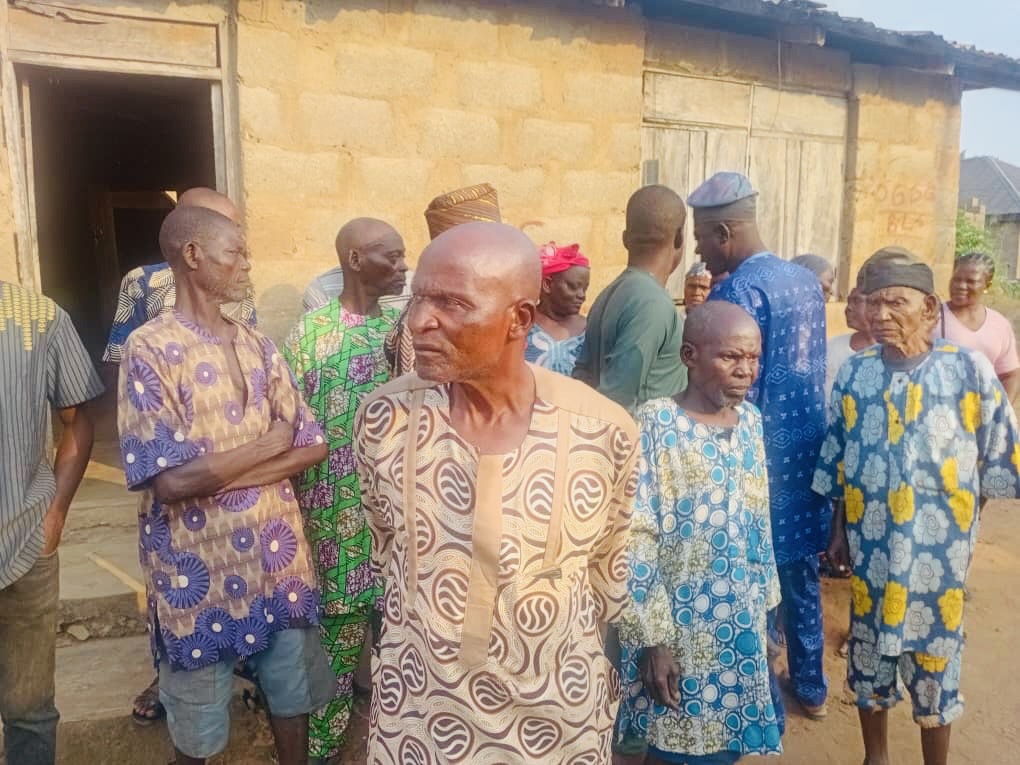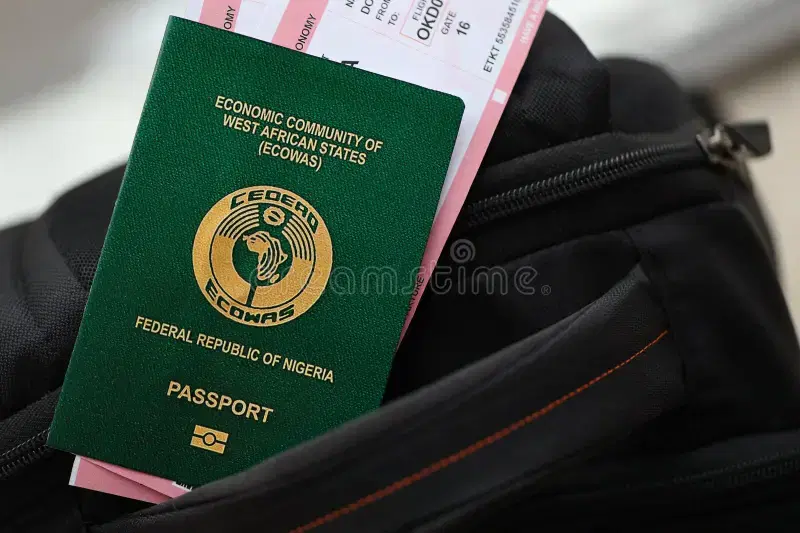The United States Ambassador to the United Nations, Michael Waltz, and American musician, Nicki Minaj, on Tuesday evening highlighted Nigeria’s ongoing security challenges during a UN event focused on global religious freedom.
The event was titled “Combatting Religious Violence and the Killing of Christians in Nigeria.”
Both Waltz and Minaj drew attention to attacks targeting Christian communities and linked them to broader concerns about religious liberty.
In his remarks, Waltz described the killings in Nigeria as “genocide wearing the mask of chaos.”
He said, “In the Middle Belt and in the North, churches burn, mothers bury their children for the crime of singing Amazing Grace; pastors have been beheaded for preaching the sermon on the mount. Entire villages wake up to gunfire because they dare to commit the crime, the crime of calling Jesus their Lord. People go to jail under blasphemy laws for simply wearing a cross.
“This is not random violence. This is genocide wearing the mask of chaos.”
He also cited recent kidnappings as part of the pattern of insecurity.
“It just happened yesterday; 25 little girls were ripped out of their school.”
He referenced international reporting on religious violence, noting that Nigeria accounts for a significant share of global attacks on Christians.
A Non-Governmental Organisation Open Doors, he said, “reports 80 per cent of the violence against Christians worldwide is occurring in Nigeria.”
The ambassador commended President Donald Trump’s recent condemnation of the killings in Nigeria.
“Yet in the face of this evil, one leader has refused to look away. President Trump has made the persecuted church his priority like no other president before him in American history.
“He was the first US president to convene world leaders right here at the United Nations in 2019 to draw attention, draw the world’s attention to what is happening. He created the Religious Liberty Commission to fight for believers everywhere.
“And while Nigeria’s Christians cried out, he answered, and he has answered loudly. He has reminded the world that protecting Christians is not about politics. It is a moral duty,” Waltz said.
He described Trump’s intervention as an inspiration, saying, “We need voices that pierce the silence that we’ve heard from the international community, that humanises these statistics that we keep hearing, and that demands accountability.”
Minaj, speaking at the same briefing, framed the Nigerian crisis as part of a global issue affecting freedom of belief.
She said, “In Nigeria, Christians are being targeted, driven from their homes, and killed. Churches have been burned, families have been torn apart, and entire communities live in fear constantly, simply because of how they pray.”
She stressed that similar challenges exist elsewhere, noting, “Sadly, this problem is not only a growing problem in Nigeria, but also in so many other countries across the world, and it demands urgent action.”
The American musician thanked Trump “for prioritising this issue and for his leadership on the global stage in calling for urgent action to defend Christians in Nigeria, to combat extremism, and to bring a stop to violence against those who simply want to exercise their natural right to freedom of religion or belief.”
She expressed the hope that Tuesday’s would “encourage deepened solidarity for us to urgently work together to ensure every person can enjoy the right to believe, to worship, and to live in peace.”
The event comes after Trump said there was an ongoing “Christian genocide” in Nigeria and announced that the country would be designated a “Country of Particular Concern.”
The Federal Government has strongly denied allegations of religiously motivated violence, maintaining that insecurity in the country stems from criminal activities unrelated to faith. Despite Nigeria’s position, US officials have continued to voice concerns.
punch.ng
FOLLOW US ON:

